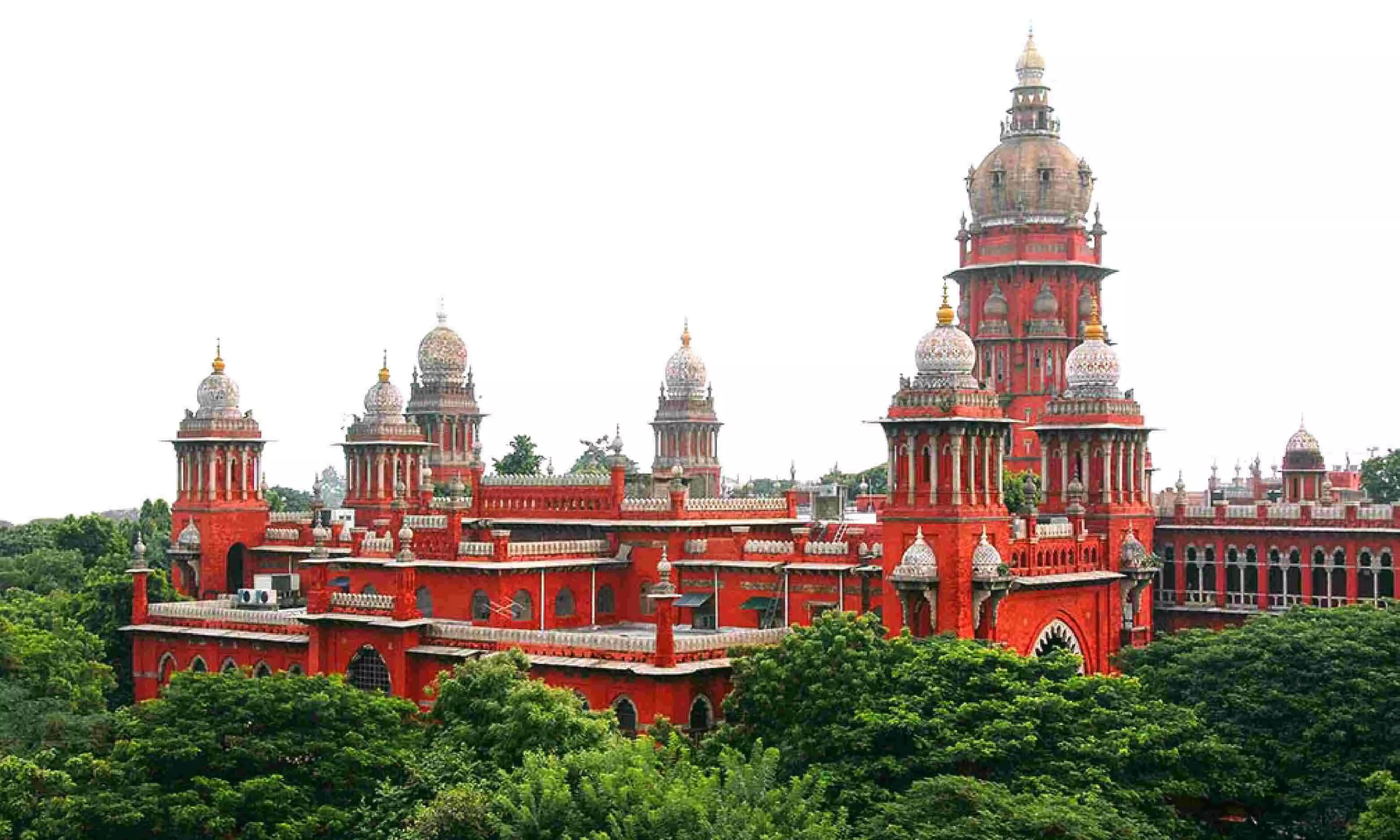
Writ Petitions Seeking Ordinary Leave For Prisoners Filed Before Expiry Of Statutory Period Cannot Be Entertained: Madras HC
 |
|The Madras High Court observed that the Writ Petitions seeking ordinary leave for prisoners even before the expiry of the statutory period provided to the Authorities need not be entertained by the High Court.
The Court said that the competent Authorities must be allowed to exercise their powers in the manner contemplated under the Rules.
The Court was hearing a Writ Petition filed under Article 226 of the Constitution of India seeking issuance of a Writ directing the respondent to grant 28 days ordinary leave without escort to the petitioner's husband who is a Convict Prisoner.
The bench of Justice SM Subramaniam and Justice N Senthilkumar observed, “The practice of filing premature writ petitions need not be entertained by the High Court unless there is an extraordinary circumstances. In normal course, the competent Authorities must be allowed to take a decision in accordance with the Rules and in the event of rejection, the cause would arise for the purpose of instituting writ proceedings. The practice of filing writ petition even before the expiry of the statutory period provided to the Authorities need not be entertained by the High Court. The competent Authorities must be allowed to exercise their powers in the manner contemplated under the Rules. Only in the event of an order of rejection, the cause would arise for filing the writ petition.”
Advocate S Nadhiya appeared for the Appellant and Additional Public Prosecutor E Raj Thilak appeared for the Respondent.
The Court perused the Tamil Nadu Suspension of Rules, 1982 and said that the Authorities are expected to avoid unnecessary delay so that the right to avail leave by the prisoners need not be denied.
The Court further said that in all cases wherever an application seeking leave is filed either by the prisoners or by the relative, the petition is to be processed within the time limit as contemplated under the Rules and an order must be passed on merits and in accordance with law. “Reasons must be assigned for the purpose of rejecting the petition.”, the Court added.
The Court noted that unnecessary Writ Petitions are filed before the High Court even before the expiry of the statutory time limit provided under the Rules to the Authorities to dispose of the leave petitions. “In such circumstances, the writ petitions are not entertainable, since it is not only premature but no cause has arisen.”, the Court remarked.
The Court while emphasising that adhering to the rules in its strict sense is mandatory, the Court observed, “The Authorities are duty bound to process the leave applications submitted by the prisoners or their relatives in accordance with the Rules and the same are to be processed strictly in adherence with the time limits stipulated under Rule 24 of the Tamil Nadu Suspension of Sentence Rules, 1982. The Authorities failing in their duties to perform the statutory obligations are to be viewed seriously. Such lapses are to be construed as official lapses, dereliction of duty and negligence warranting disciplinary action against the Officials concerned. The right of the prisoners is to be protected by the Prison Authorities.”
The Court granted ordinary leave to the Petitioner’s husband.
Accordingly, the Court disposed of the Writ Petition.